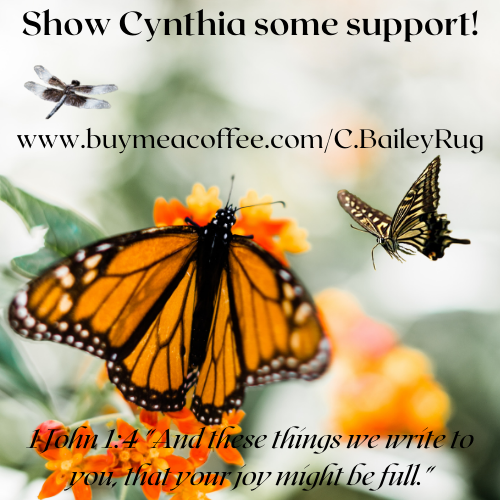Growing up with narcissistic parents leaves lasting scars, often leading to a range of questions & doubts about oneself & the dynamics within the family. Many adult children of narcissistic parents wonder if they or their siblings are also narcissists. While this is relatively rare, it does happen, so today I’ll explain some signs to look for.
First, I think it’s important to know almost everyone with narcissistic parents can display narcissistic tendencies. That isn’t a sure sign of having Narcissistic Personality Disorder, but rather simply a sign of having narcissistic parents. When someone realizes those tendencies cause pain & problems & makes appropriate changes, clearly they aren’t a full blown narcissist. If they refuse to make changes in spite of knowing their behavior hurts others, that is a sign of Narcissistic Personality Disorder.
One of the most obvious signs that you or your siblings might have narcissistic traits is the tendency to mirror your parents’ behavior & opinions. Parents have a strong influence on children’s beliefs & perspectives, but children rarely behave & think exactly like their parents. With narcissistic parents, children think & behave almost exactly like their parents.
Narcissistic parents often play favorites among their children, pitting siblings against each other & creating a toxic & competitive atmosphere within the family. Showing favoritism among siblings & constantly seeking validation from your parents are signs of narcissistic tendencies.
Additionally, after the passing of narcissistic parents, it is not uncommon for one or more siblings to take over special occasions or family traditions, disregarding the desires & needs of the rest of the family. This is a need for control & dominance which is another red flag of narcissism.
Another sign of narcissism is the tendency to exclude one another from the family loop. Narcissistic parents often manipulate their children, creating divisions & fostering a sense of superiority within the family. Anyone aligning with parents’ perspectives & purposely excluding siblings from family events or important decisions is displaying signs of narcissism.
Furthermore, envy & competition among siblings are the normal scenario in families damaged by narcissistic parenting. Siblings try to make their siblings envy them while envying them, creating a vicious cycle of rivalry & resentment. This envy leads to petty & entitled behavior that is common among narcissists.
During difficult times, narcissists reveal their true colors. Instead of offering support & comfort, they are more likely to rub salt in the wounds, relishing in the hardship of their siblings. This lack of empathy & the willingness to inflict further pain are very clear signs of narcissistic behavior.
Narcissistic parents gaslight their children, denying any wrongdoing or problems within the family. Unfortunately, this behavior can be passed down to their offspring, leading to a cycle of denial & abuse. If you or your siblings find yourselves dismissing or denying the emotional abuse you endured during your upbringing, it is crucial to recognize this is extremely dysfunctional behavior. It also can be a red flag of narcissism.
Moreover, narcissists align with their narcissistic parents, defending their actions & disregarding the pain & suffering caused by their behavior. This loyalty to the narcissistic parents while simultaneously complaining about them is a classic sign of narcissism. It perpetuates a toxic cycle within the family
In conclusion, while it is relatively rare for adult children of narcissistic parents to develop narcissistic traits themselves, it does happen. Recognizing the signs is so important for your mental health.



You must be logged in to post a comment.